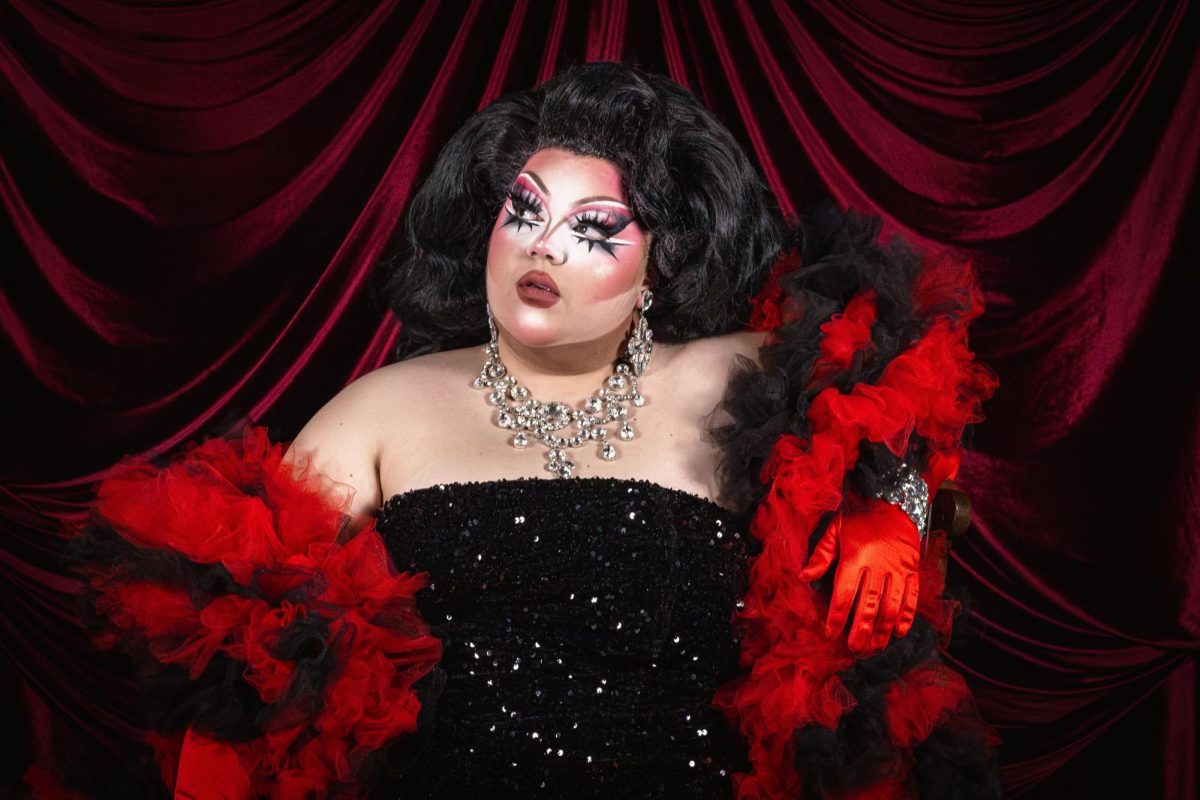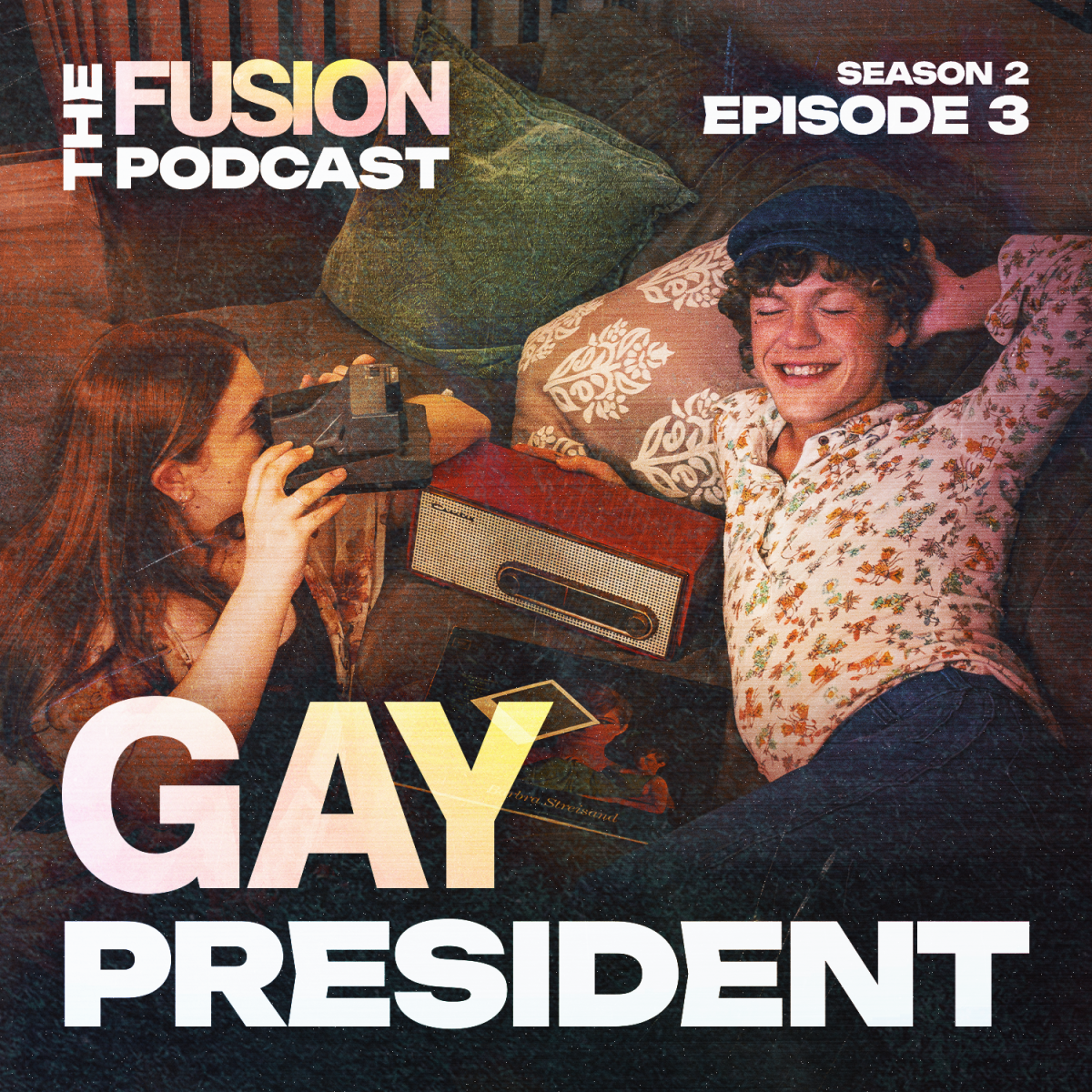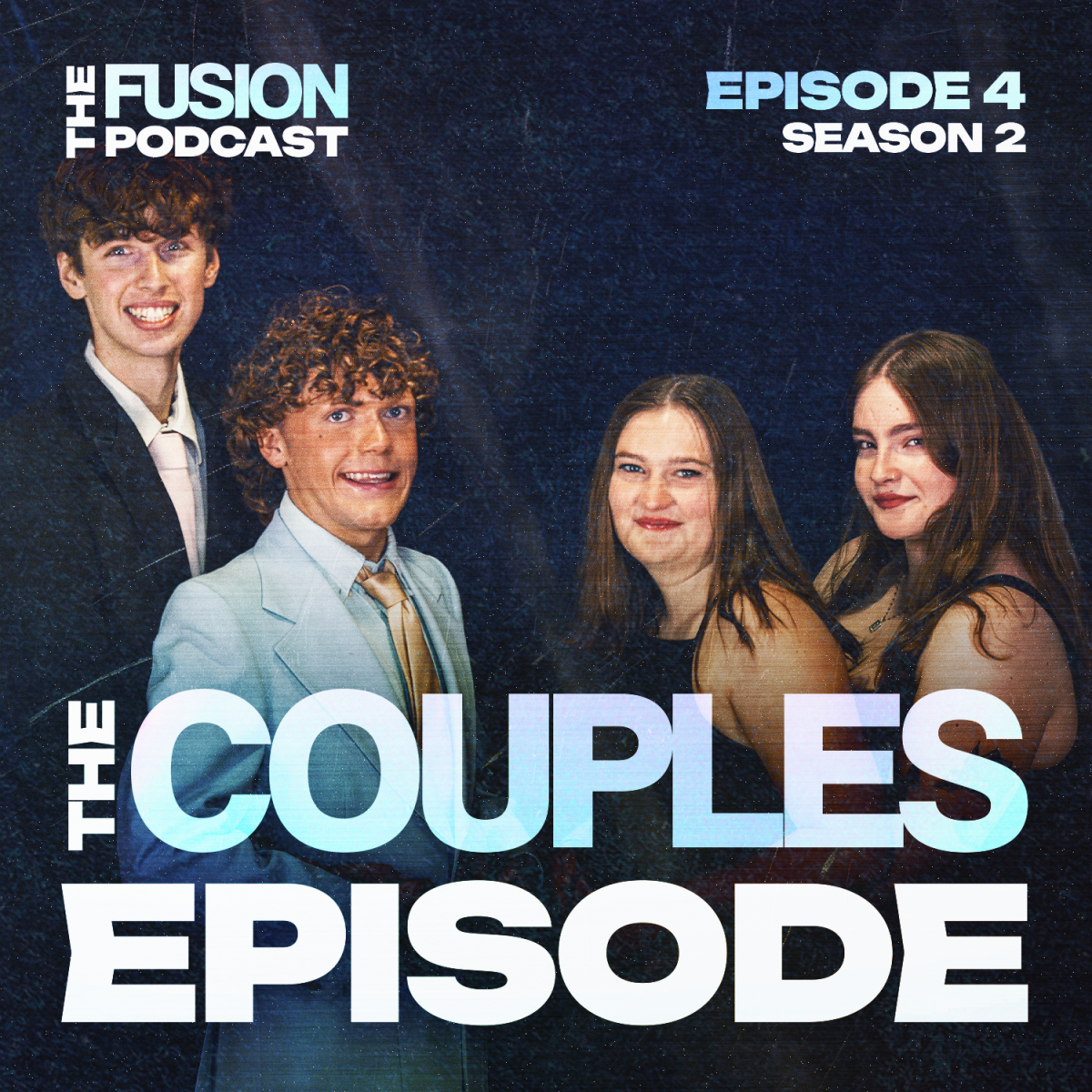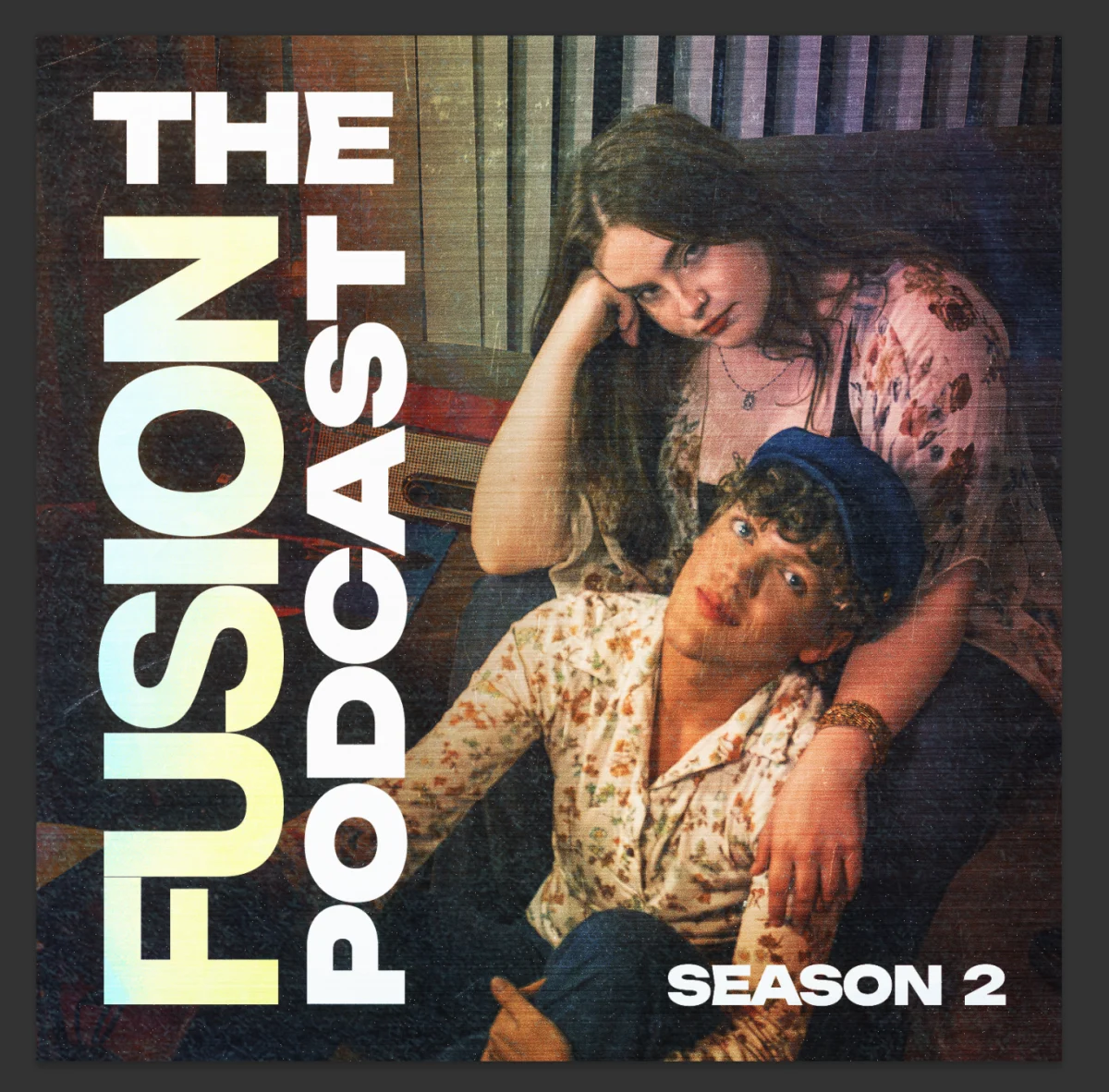Feminism is misunderstood as a concept despite its definition that makes it quite clear of the goals it wishes to attain: to help all people become equal regardless of gender, sexuality, ethnicity or race. Many people claim the title of “feminist” without recognizing how different parts of one’s identity could affect the way that they are perceived in the world. Is just calling oneself a feminist doing enough?
According to Koa Beck, author of “White Feminism: From the Suffragettes to Influences and Who They Leave Behind,” performative feminism, also known as ‘white girl,’ ‘mean girl,’ or ‘aesthetic feminism’ has a goal: “is not to alter the systems that oppress women– patriarchy, capitalism, imperialism– but to succeed within them.”
The journal article “”Diversity Within:” The Problems with “Intersectional” White Feminism in Practice” explains that this type of feminism presumes the victims of issues in modern feminism are “straight, white, middle-class, and nondisabled woman” and that those experiences are universal for all women. This idea excludes narratives highlighting how the intersection of race, sexuality and ableness affect the perception of people in society.
White feminism has also shaped how we view history, paying attention to white women and their contributions to feminism while silencing the voices of BIPOC women. Susan B. Anthony is a notable suffragist, but have we equally amplified the stories of Mary Church Terrell, Frances Ellen Watkins Harper, Zitkála-Šá, or Mabel Ping-Hua Lee?
Women who do not fall under the category of white, straight and able-bodied use their voices in the feminist movement to focus on the power dynamics that affect gender. Diversity Within explains “Lesbian, queer, and trans feminisms expand the terrain of feminist politics by insisting on survival, visibility, desire, and transgression as foundational feminist concerns which can only be addressed when the power relations mobilized through sexuality, gender, class, and race are taken seriously.”
Performative feminism is used by celebrities as a way to show their support to causes without following up with meaningful actions like amplifying voices of marginalized groups or donating to charities and funds that support marginalized peoples. Since America has fascination with celebrity culture some people listen to what celebrities say without paying attention to what they do.
There are many so-called feminist celebrities whose words have fallen short because of their actions. One of these examples includes a woman with one of the largest fan bases in the world: Taylor Swift. Taylor Swift labels herself as a feminist but seems to focus on maintaining desirability and success in the music industry, which albeit sexist, remains a profitable endeavor for her to follow.
Taylor Swift has multiple public moments where the label of “feminism” feels performative because of her actions. In 2015 when the MTV VMA award nominations were released Taylor Swift was in the category for Video of the Year for her song “Bad Blood.” Nicki Minaj, with her music video for “Anaconda,” was not in the running despite wide-recognition and famous choreography.
Minaj posted a thread of tweets talking about how videos that celebrate women with slim bodies will likely be nominated for Video of the Year. Swift claimed that Minaj was pitting women against one another, instead saying that maybe a man took Minaj’s spot instead of Swift. Swift, in this instance, did not understand the industry she thrives in and how other women have to work harder for the same recognition.
Swift also created a keychain that says “F*ck the Patriarchy” on it, which commodifies feminist struggles without voicing what those struggles are or their impact on marginalized groups such as BIPOC and LGBTQ+ people.
The most recent action that caused quite a stir and left many people feeling conflicted on Swift’s feminism was her relationship with The 1975 frontman, Matty Healy.
Matty Healy is no stranger to online scrutiny, especially after being featured on the Adam Friedland podcast where he both made sexual and racist remarks about Ice Spice and talked about how he enjoyed watching the brutalization of black women in porn.
When someone as powerful as Taylor Swift chooses to date a man who speaks about women in this way, publicly and with celebrity status, this brings into question her “feminist” title. Even Healy once said he would not date Swift because it would be “emasculating,” seemingly making Swift’s feminism seem performative as she still sustains relationships with individuals who perpetuate racist and sexist beliefs.
Swift has though opened conversations on the sexism within the music industry with her being under constant judgment regarding her clothes, actions and love life. Swift has also donated to funds supporting sexual assault victims.
Seemingly most important is that Swift’s following is loyal which has brought a staggering amount of young individuals to register to vote according to NPR. Swift posted on Instagram a story recommending her followers to register to vote on Vote.org, with the website recording over 35,000 new registered voters, with the number of 18-year-olds registered more than doubling since 2022.
Celina Stewart, the chief executive of the League of Women Voters said in a New York Times article “Whenever a celebrity uses their platform to encourage civic participation, that’s a win for democracy,” she said. “We applaud Taylor Swift for encouraging Swifties and fans to research candidates and issues this election season.”
With the impending election ahead Swift nudging her fanbase to register to vote gives voice to thousands of people who may not have felt they had a voice before.



































